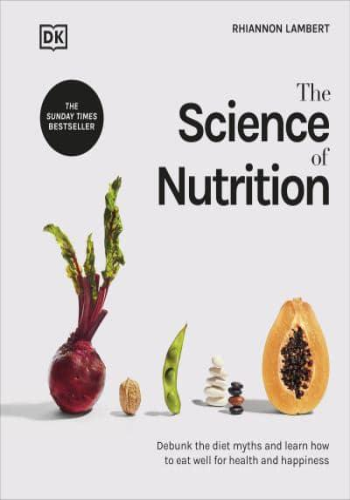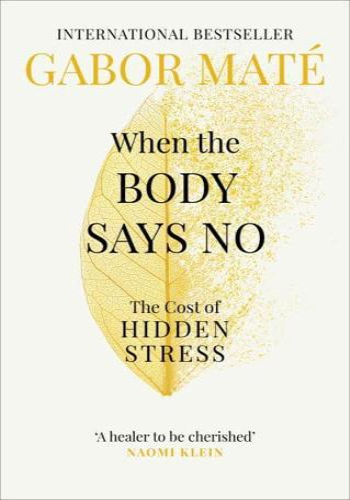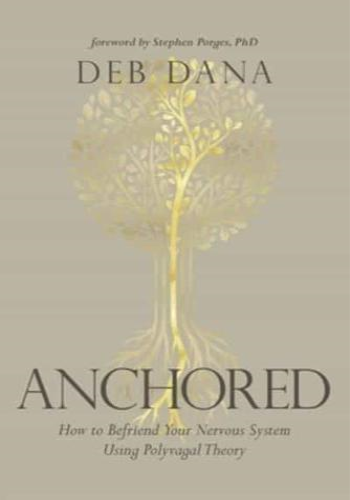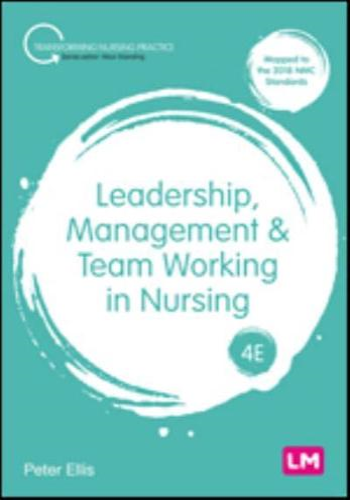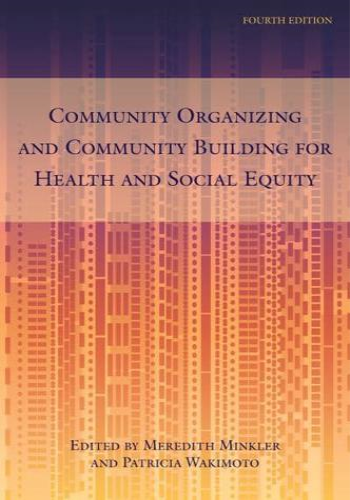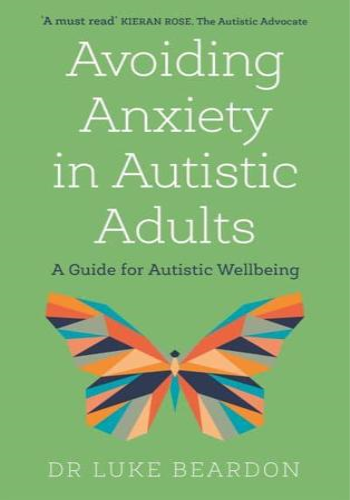Chapter 1: The Body's Response to Trauma
* Summary:
* Trauma can impact the body on a physical, emotional, and cognitive level.
* The body experiences a "fight-flight-freeze" response to perceived threats.
* This response leads to the release of stress hormones, which can have long-term effects on the body, such as inflammation and immune system suppression.
* Real Example:
* A woman who experienced a car accident may develop physical symptoms such as chronic pain, headaches, and digestive issues. She may also experience emotional symptoms such as anxiety, depression, and difficulty sleeping.
Chapter 2: The Fatigue Syndrome
* Summary:
* Chronic fatigue syndrome (CFS) is a condition characterized by extreme and unexplained fatigue that persists for at least six months.
* People with CFS often experience other symptoms, such as cognitive impairment, pain, and digestive issues.
* The cause of CFS is unknown, but it is thought to be related to a combination of physical and emotional factors.
* Real Example:
* A man who has been dealing with chronic stress at work develops CFS. He experiences extreme fatigue, making it difficult for him to perform daily activities. He also has difficulty concentrating and sleeping.
Chapter 3: The Tension-Myositis Syndrome
* Summary:
* Tension-myositis syndrome (TMS) is a condition characterized by chronic muscle pain and tension.
* TMS is thought to be caused by repressed emotions and stress.
* Pain in TMS is often described as being diffuse and shifting, and it can be difficult to treat.
* Real Example:
* A woman who has been through a traumatic experience develops TMS in her neck and shoulders. The pain is constant and makes it difficult for her to move her head and arms.
Chapter 4: The Autoimmune Response
* Summary:
* Autoimmune diseases are conditions in which the body's immune system attacks its own tissues.
* Trauma can trigger the development of autoimmune diseases, such as rheumatoid arthritis, lupus, and multiple sclerosis.
* The exact mechanism by which trauma leads to autoimmunity is unknown.
* Real Example:
* A woman who was sexually assaulted develops rheumatoid arthritis. She experiences pain, swelling, and stiffness in her joints. This makes it difficult for her to perform daily activities, such as walking and opening doors.
Chapter 5: The Pain-Addiction Cycle
* Summary:
* Chronic pain can lead to addiction to pain medications.
* This addiction is driven by the body's need for relief from pain.
* Pain medications can have serious side effects, including liver damage, kidney failure, and death.
* Real Example:
* A man who has been in a car accident develops chronic back pain. He is prescribed opioids to manage his pain. Over time, he becomes addicted to the opioids and starts to abuse them.
